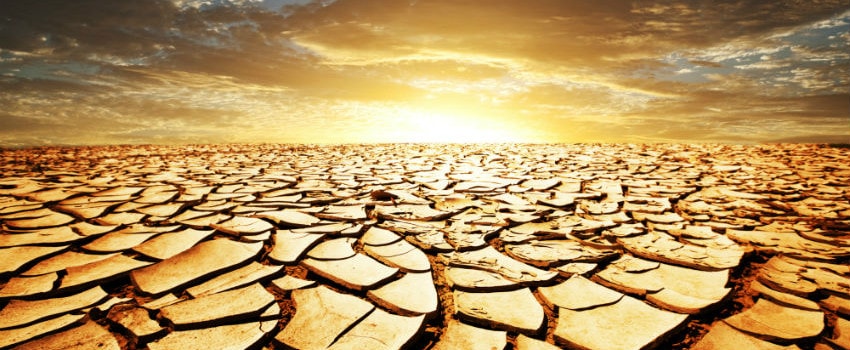
A recent study conducted by Oxfam suggests that many donors have exaggerated the value of climate finance they have provided to the poorest countries in the world by a large margin. The aid agency reckons that that the amount of public funding for climate finance in 2015 and 2016 is approximately $16 billion to $21 billion per year. That is far lower that what donors say they are spending which is $48 billion per year. The deadline to tackle climate change is just two years away (2020) and developed countries have committed to deliver $100 billion in assistance.
Deceptive practices
Tracy Carty a senior policy advisor on climate change to Oxfam says that despite the fact that people on the African continent are suffering from brutal droughts and people who live in the Caribbean are suffering from turbo-charged cyclones, the money that the world’s poorest and most vulnerable to climate change countries is woefully inadequate. One major problem the report highlights is that so many donors exaggerate the climate change value of a development project, where climate change may simply be just one aspect of a much wider program.
Loans being counted as grants
Another issue is the often donors counts loans and other types of non-grant financing at full face value which means the real amount of money developing countries are receiving as assistance is being obscured by a huge margin. In order to tackle these issues Oxfam wants governments to stop these practices and have donors only tally the “grant equivalent” of the loans they make for climate finance. That means only the net transfer of money to a developing country is counted after repayments, interest is accounted for.
Accounting standards must be improved
Ms Carty adds there is no reason why the accounting rules for calculating aid delivered to tackle climate change should be less stringent than it is for other types of aid. Governments must agree to the new rules for climate finance as par of the Paris Agreement and at this year’s COP climate conference. That event presents an opportunity for governments to meet and agree much fairer and more robust accounting standards. The report from Oxfam also highlighted how much money different governments have delivered as grants with the UK and Sweden providing more than 90 per cent of their commitments in 2015 and 2016 whilst other countries such as France have fallen well behind.





